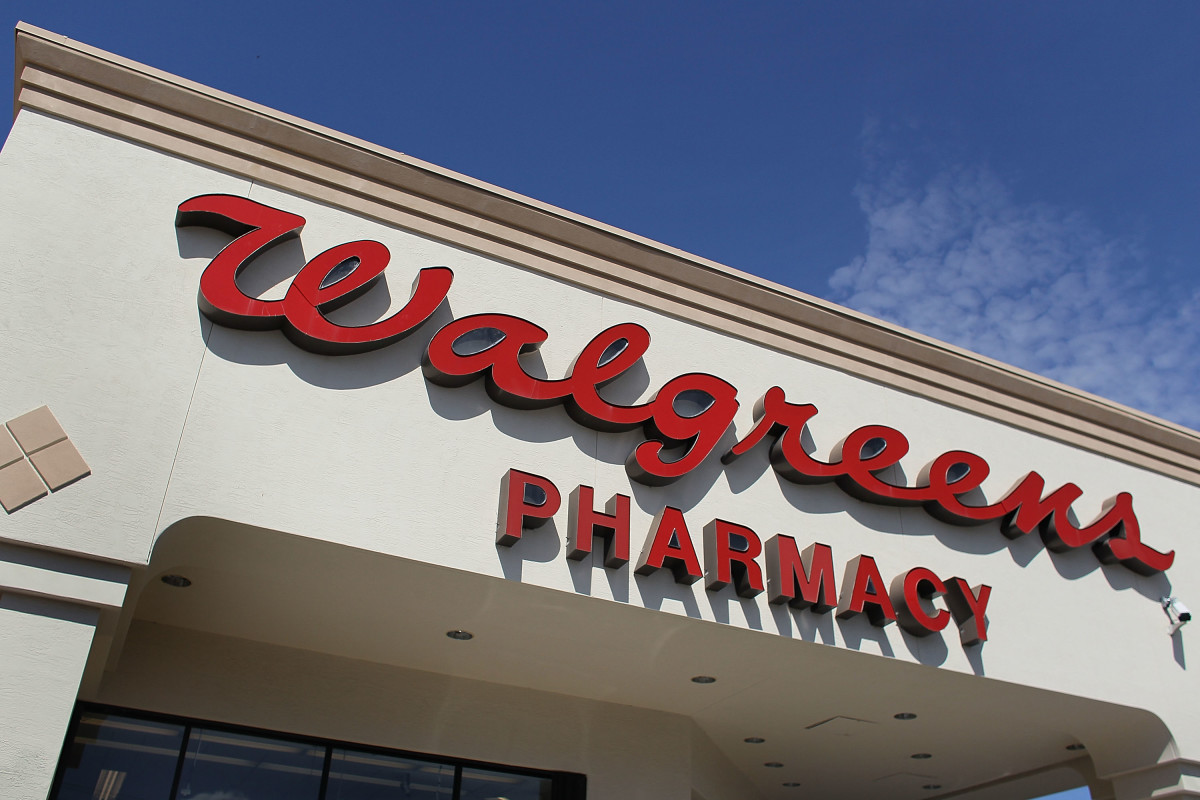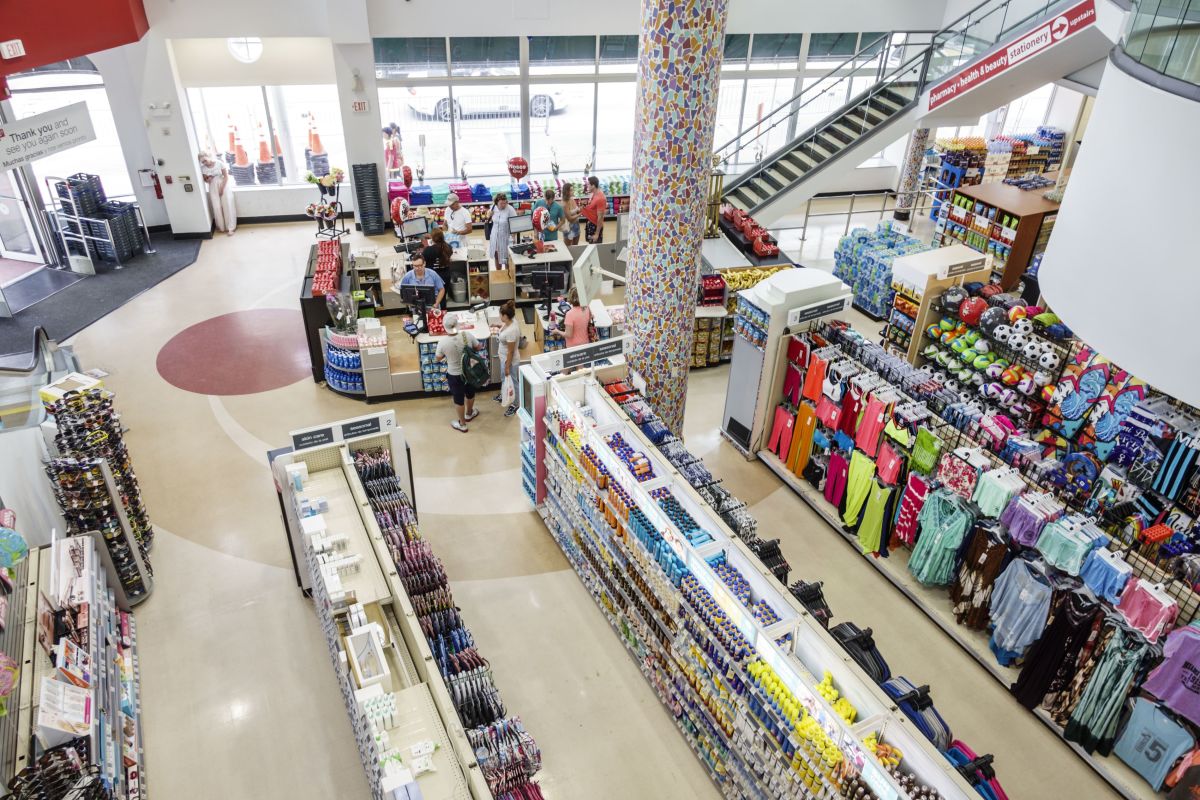
One of the more natural evolutions of modern retail in the 21st century has been the convergence of goods and services into a handful of the biggest giants in the industry.
While it's long been a fact of life that shoppers at big box grocery stores can pick up their prescriptions from in-store pharmacies, other retailers have quickly caught on, adding similar a la cart experiences within the confines of their stores.
In 2022, Target (TGT) and Ulta (ULTA ) agreed in to host several Ulta mini-stores in some of Target's largest and most popular locations. Kohl's (KSS) and Sephora have a similar agreement, which both brands tout regularly as one of their more successful partnerships.
Even digitally native retailers like Amazon (AMZN) are trying their hand at layering brick and mortar opportunities; many Whole Foods stores now double as Amazon return and pick up points. Amazon Go stores function as tech-savvy, futuristic and cash-free corner stores where, much like its online storefront, you can find a little bit of everything.
So it's only natural that pharmacies – the kings of convenience –would also want to fold in more services into their store experiences. Consider for a moment when the last time was that you popped into a drugstore for a prescription and walked out with that prescription only. It's a rare task, particularly when you consider that many pharmacies are located at the back of the store, and customers must wind through aisles of supplements, brightly colored novelty items, and snacks beckoning you to add them to your basket.

Walgreens folds 160 VillageMDs
Both CVS and Walgreens (WBA) have tried their hands at adding other, important, a la carte services to their drugstores. CVS has added over 1,000 MinuteClinic services to its robust arsenal of store locations, whereby the Rhode Island-based drugstore can take walk-ins and appointments for vaccinations, diagnostics, and consultations for an array of ailments.
Walgreens has followed suit with its majority-owned Village MD, which operates in tandem with the pharmacy and offers both virtual and in-person primary care support.
But Walgreens has found the environment difficult to operate its standalone service, citing an inefficient cost structure and an outsized number of locations. It has been focusing on righting the ship in recent quarters, which will include some upcoming changes, according to management.
Walgreens CEO Tim Wentworth told analysts that it's working with Village MD to take "actions to accelerate profitability, including recent rightsizing of their cost structure, optimizing their clinic footprint, and growing patient panels," during the Q2 2024 earnings call on Thursday.
He added that this will mean consolidation of some under performing locations.
"As Village prioritizes density in their highest opportunity markets, they decided in January to exit a total of approximately 160 clinics, inclusive of the 60 that had been previously communicated. As of today, they have already exited 140 locations," Wentworth continued.
While Walgreens maintains Village MD is working to put the service right-side-up, it's not yet seeing a turn of profit that it may have originally anticipated.
"GAAP net loss for the second quarter included a $5.8 billion noncash impairment charge related to VillageMD goodwill," CFO Manmohan Mahajan said on the earnings call, adding, "In February, we received a downward revised longer-term forecast from VillageMD management."
Still, Mahajan doesn't foresee the charges as having an significant impact on our financial position or our ability to invest across businesses going forward," adding that, "During the first half of fiscal ‘24, we have seen positive financial impacts from the recent actions taken by VillageMD management team to accelerate profitability."
Village MD operates approximately 600 locations, with Walgreens operating about 200 full-sized locations alongside its pharmacy. It owns about 60% of Village MD.
Related: Veteran fund manager picks favorite stocks for 2024







